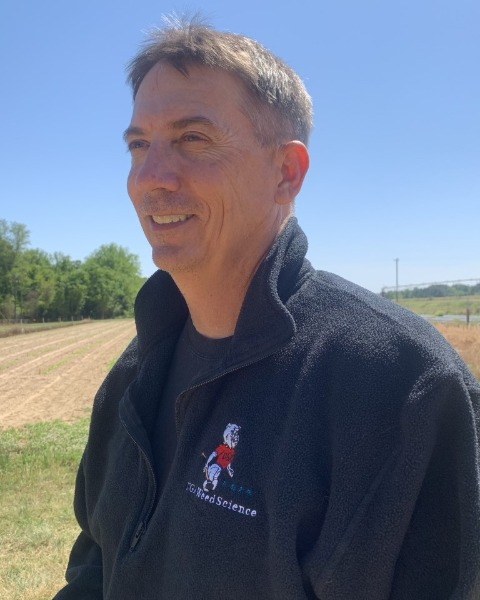Section Symposium
Plant-Insect Ecosystems
Science Policy
Weed Science Society of America (WSSA) and farmer perspectives of Endangered Species Act

Stanley Culpepper
Extension Agronomist - Weed Science
University of Georgia
Tifton, Georgia
Presenting Author(s)
As the world’s population is expected to approach 10 billion people by 2050, family farms are faced with a mighty challenge of feeding and clothing them all. Herbicides are critically important for controlling weeds in nearly all U.S. grown crops. Preserving the practical use of these tools is challenging as regulations become more complex. In an abundance of caution to protect species listed under the Federal Endangered Species Act (ESA) and help minimize the risk of litigation associated with the ESA’s citizen-suit provision, the U.S. EPA has been inserting large spatial buffers in certain pesticide labels restricting herbicide applications where listed species may be present. Although protecting listed species is critically important, label restrictions are excessive in some situations.
During 2022, the WSSA created an ESA committee, including members from all regional societies. Initial goals included fostering the protection of listed species through developing partnerships that maximize the WSSA’s ability to communicate science-based information to regulators. Committee members have also provided numerous presentations informing various audiences of challenges the ESA regulatory actions are expected to have on agriculture and ways WSSA members can assist.
During 2023, the committee is 1) developing presentations for WSSA members to share with pesticide applicators, 2) developing a webpage for improved communication, 3) conducting a literature review on pesticide mitigation methods to protect listed species, 4) creating a subcommittee to facilitate pesticide label structure reform, 5) sharing efforts with the Entomological and American Phytopathological Societies, and 6) providing scientifically based feedback to proposed ESA regulations.

.png)
